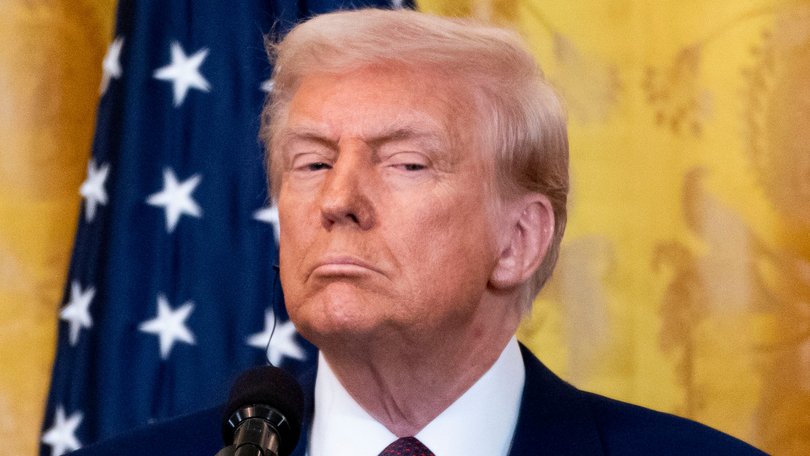The US President, Donald Trump, has announced plans to impose a massive 200% tariff on pharmaceuticals and a 50% tariff on copper imports.
But what does this mean for Australian mining giants like BHP and Rio Tinto?
The Impact on Australian Mining
While Australia doesn’t send much copper directly to the US, both BHP and Rio Tinto could still feel the effects of the tariff.
The companies have global operations, including the Escondida mine in Chile, which could be impacted by the changes.

Copper prices have already surged to record highs in the US following Trump’s comments.
Pharmaceuticals in the Firing Line
Pharmaceuticals are one of Australia’s largest exports to the US, and a 200% tariff would be a significant blow.
However, Trump has indicated that manufacturers will be given time to relocate production to the US to avoid the tariff. This means that companies will have a grace period of around a year to make the move.
How Did We Get Here?
Until now, pharmaceuticals and copper have been exempt from the US’s shifting tariff policies.
But Trump has been critical of America’s reliance on foreign producers for these products, highlighting the importance of imported medicines for health and copper for industry and technological progress.
What’s Next?
The White House has extended the deadline for higher tariffs to August 1, giving countries a final window to negotiate deals or face new duties of up to 40%.
Trump has also announced that he will reveal at least seven more countries targeted for new trade measures, with additional nations to be named later.
A Game of Trade Warfare
This move comes after a wave of tariff threats against 14 countries earlier this week, including Japan and South Korea.
Trump has said that he will give countries a chance to “get their act together” before imposing the tariffs.
But with the global trade landscape already uncertain, it’s unclear what the future holds for Australian mining giants and pharmaceutical manufacturers.
The Deadline Looms
Trump has stated that companies will have a “certain period of time” to relocate production to the US.
He told reporters: “We’re going to give them about a year, a year and a half to come in, and after that, they’re going to be tariffed at a very, very high rate, like 200%.”
The clock is ticking, and companies will need to act fast to avoid the tariffs.

